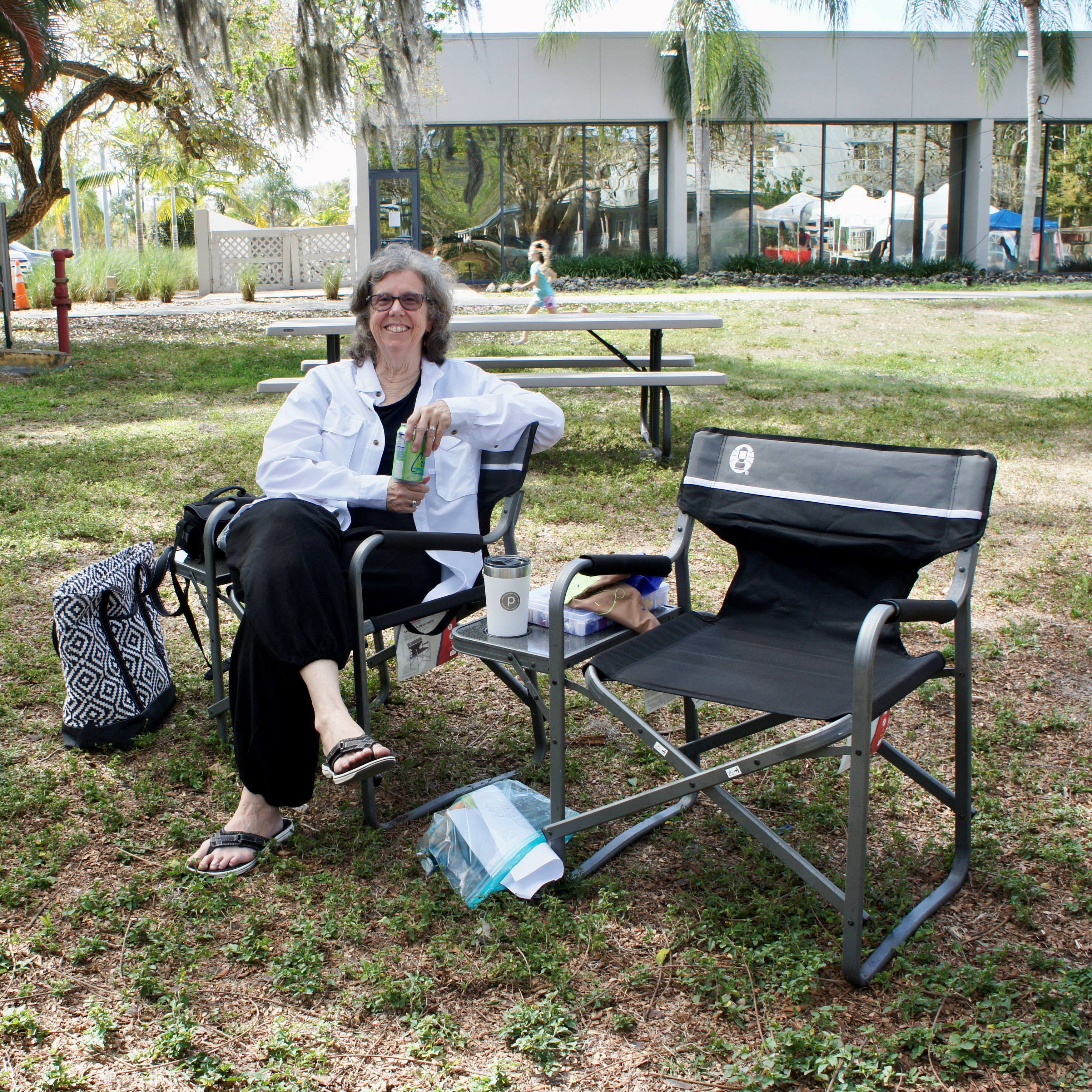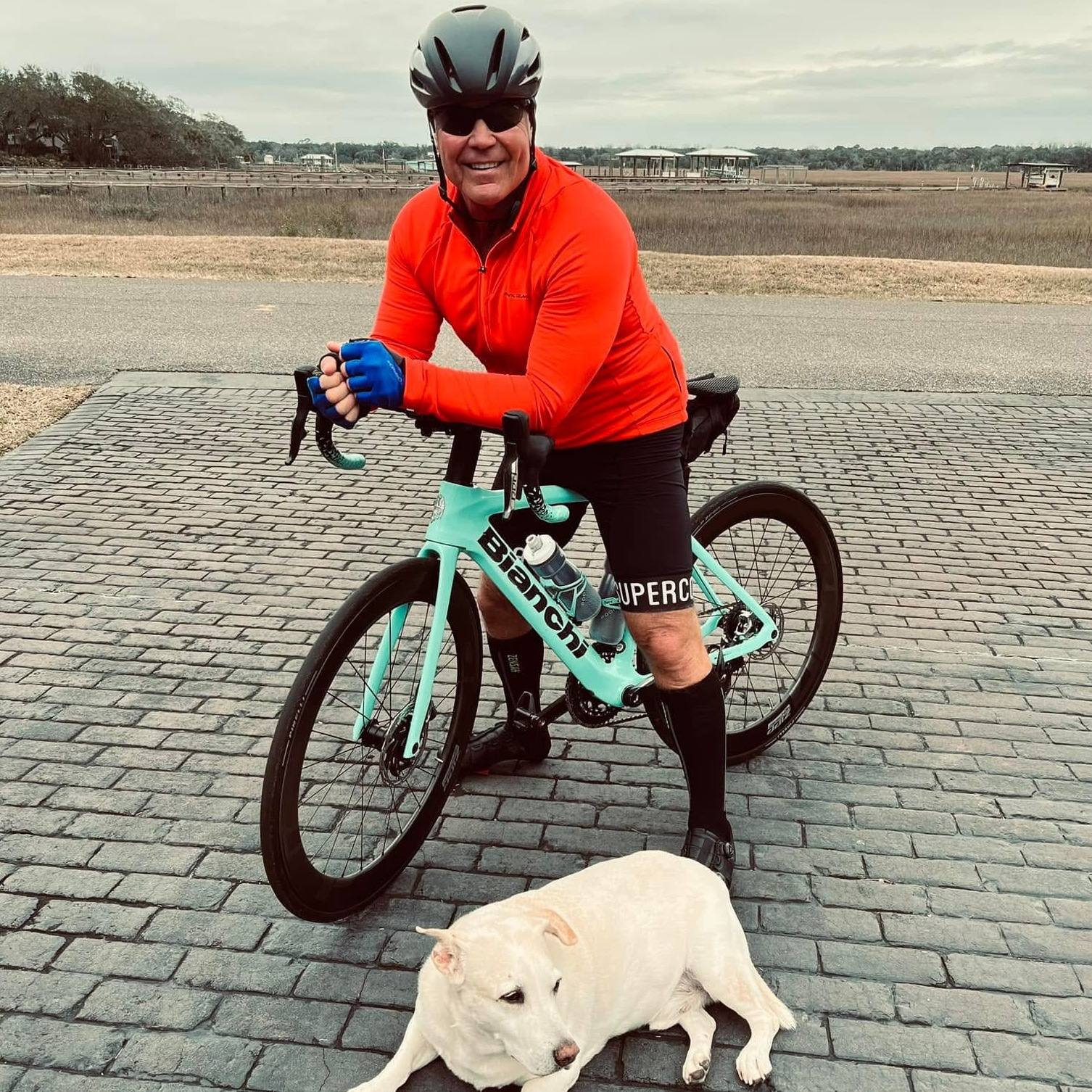
Michelle Swosinski was beginning to think she'd never be rid of her chronic abdominal pain. Years of fruitlessly searching for medical help had left the young woman feeling ignored and frustrated. That all changed when Michelle sought care at Mayo Clinic Health System in Eau Claire, Wisconsin, where her medical team was committed to finding a remedy for her pain.
Michelle Swosinski's earliest memories are of taking medicine for a stomachache. Throughout her childhood, persistent lower abdominal pain plagued her. By the time Michelle was 18, the pain had become so troublesome that it was disrupting her life.
Flares of gut-wrenching agony sent her to her local emergency department dozens of times. During those visits, Michelle, who lives in Augusta, Wisconsin, was given prescriptions for pain medication, but no answers. Follow-up appointments with gynecologists and gastroenterologists led to ultrasounds, colonoscopies and even an MRI, but no definitive diagnosis.
The pain had no pattern. Sometimes it came in waves during the day. Other times, it woke her from sleep at night. As time passed, the flares became more intense, involving her upper abdomen, right leg and lower back. "I absolutely wanted to die," Michelle says. "I didn't know pain like that was possible."
As doctor after doctor failed to provide her with an explanation for her pain, Michelle lost hope. "It was kind of to the point that I didn't even seek out treatment because I knew there was nothing they could do for me," she says.
In spring 2019, however, at the urging of her husband, Michelle decided to renew her quest for answers and made an appointment at Mayo Clinic Health System in Eau Claire, Wisconsin. That appointment set the wheels in motion for Michelle to change course and discover the reason for her persistent pain.
Her Mayo care team found that Michelle had an autoimmune condition known as celiac disease. The disorder is triggered by an immune response to eating gluten, which is a protein found in wheat, barley and rye. Since her diagnosis, Michelle has been on a gluten-free diet. "It's completely changed my life," she says.
Unexpected answer
Michelle first embarked on her journey for a diagnosis eight years ago, when she was 18. Since then, she's seen more than 50 physicians. "I would go to different specialists, like GIs (gastroenterologists) or OB-GYNs," she says. "They kept saying it wasn't OB-GYN or Gastroenterology. They kept telling me it was a different department's problem."
"The appointment with Dr. Weber gave me a little bit of hope. They were willing to think outside the box and actually took the time."
Michelle Swosinski
It wasn't until Michelle had an appointment with Donald Weber, M.D., in the Department of Obstetrics and Gynecology at Mayo Clinic Health System in Eau Claire that she encountered an attitude of optimism. "The appointment with Dr. Weber gave me a little bit of hope. They were willing to think outside the box and actually took the time," Michelle says. "I remember Dr. Weber told me he'd read over all 100 pages of my diagnosis report before I arrived. It's nice to know there are some people willing to try."
Dr. Weber recommended Michelle undergo a minimally invasive laparoscopy procedure to target symptoms that appeared to be caused by endometriosis. Rather than finding the uterine tissue overgrowth that's a trademark of endometriosis, however, the team uncovered intestinal scarring during that procedure.
When Dr. Weber told Michelle about the discovery — and that it meant she didn't have endometriosis — she was crushed. "I had hyped myself up and had said: 'This is it. He's going to find it and, remove it, and it's going to be great,'" Michelle says. "When I woke up, and he told me I did not have endometriosis, I cried and cried."
The intestinal scarring appeared to be the result of repeated inflammation, according to Dr. Weber. At that point, he referred Michelle to the Department of Gastroenterology and Hepatology.
At her first appointment, physician assistant Jennifer Motto advised Michelle that she would require a new round of testing, including a scope of her upper digestive system called an upper endoscopy, a colonoscopy and blood tests.
In August 2019, Michelle underwent the endoscopy, which was performed by Christian Mendez, M.D., a Mayo Clinic Health System gastroenterologist. "When I woke up, I was in the same exact pain that I get during flares," Michelle says. "Whatever they had done, they had touched it and irritated it. So I knew they had at least found where the problem was."
The problem was identified and later confirmed by a tissue biopsy as celiac disease. When people who have celiac disease eat wheat products, which their bodies cannot digest, their immune systems respond by attacking the intestine. Much of the damage occurs to the villi, the small, fingerlike projections that line the intestinal wall and are responsible for nutrient absorption.
In Michelle's case, the biopsy showed the villi in her small intestine were weakened and had atrophied. "In celiac disease, the damage is in the duodenum, which is the first part of the small intestine, and it can progress further into the gastrointestinal tract," Motto says.
Life-changing recovery
Not only is gluten digestion impossible for people with celiac disease, but the damaged intestines also can lose their ability to digest other types of foods, such as dairy products.
"A lot of time, lactose intolerance and celiac disease go hand in hand," Motto says. "We tell people that the dairy doesn't damage the bowel, but it can make them feel miserable. It can get overwhelming."
There is no cure for celiac disease, and the only treatment is to eat a diet that doesn't include gluten. People with celiac disease who go undiagnosed, who aren't strict about following a gluten-free diet, or who don't respond to a gluten-free diet are at risk for developing a gastrointestinal cancer or lymphoma, says Motto.
When Michelle learned she had celiac disease, she immediately took steps to cut gluten out of her diet. "I don't eat anything that contains wheat, barley or rye," Michelle says. "I read everything. I have to read lipsticks. The other day, I threw away a hand sanitizer that contained wheat. I can only eat at certain restaurants that have strict celiac procedures."
"I used to be in pain and nauseous every single day. I'm not in pain anymore, and I don't have cramps anymore."
Michelle Swosinski
Although Michelle's condition prevents her from eating at most fast-food restaurants, the cultural shift toward becoming more aware of food sensitivities means there are more dining options open to her than ever before, Michelle says.
"So much of society, especially in America, is around eating," Michelle says. "I have to research everything and call restaurants and talk to the managers. At the beginning, it was even harder because not only was it new, but I was in pain all the time."
The payoff, says Michelle, is that by not consuming gluten, her symptoms have greatly diminished. "I used to be in pain and nauseous every single day. I'm not in pain anymore, and I don't have cramps anymore."
For patients like Michelle whose intestines have been damaged by celiac disease, healing can take anywhere from nine to 12 months. As Michelle's bowel heals and the villi return to their normal state, her other sensitivities, like lactose intolerance, likely will disappear.
"Dr. Mendez kept telling me that I need to be patient, and I finally feel like I'm seeing that. The stretches are longer between the awful flares," Michelle says. "I almost can't even believe it. When you're told that they don't know what's wrong with you for seven years, and now I have a diagnosis. I don't think Jen (Motto) will ever know how much she changed my life."
HELPFUL LINKS
- Learn more about celiac disease.
- Read about gluten-free diets.
- Connect with others talking about digestive health on Mayo Clinic Connect.
- Explore Mayo Clinic Health System.
- Request an appointment.
Related Articles







